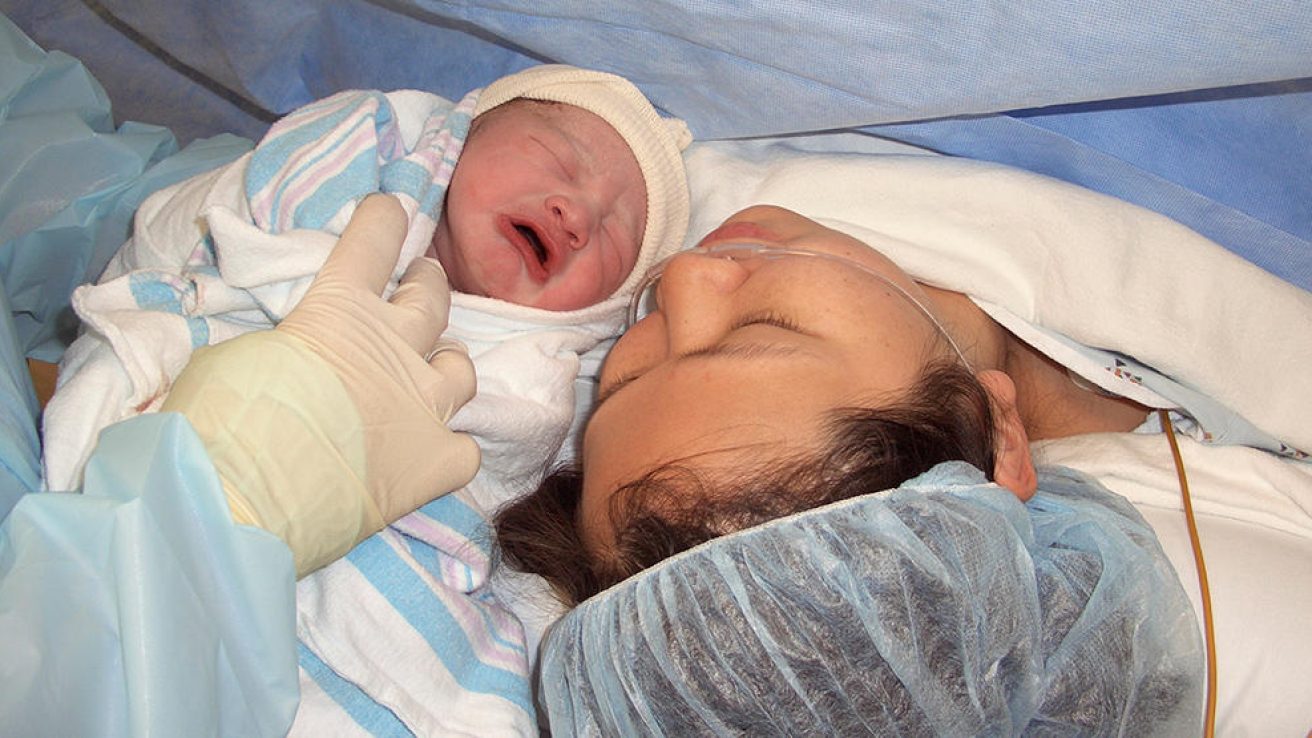THURSDAY, Feb. 4, 2021 (HealthDay News) — Women with multiple sclerosis (MS) have no significant differences in severe adverse perinatal outcomes compared with the general population, but they do have an increased prevalence of elective cesarean section, induced delivery, and infants being small for gestational age, according to a study published online Feb. 3 in Neurology: Clinical Practice.
Johanna Balslev Andersen, from the University of Copenhagen in Denmark, and colleagues examined differences in pregnancy-related and perinatal outcomes in women with MS versus the general population. Data were included for 2,930 pregnancies in the study cohort and 56,958 in the comparison cohort.
The researchers observed no differences between the groups in pregnancy-related complications, emergency cesarean section, instrumental delivery, low Apgar score, stillbirth, preterm birth, or congenital malformations. The study cohort had a higher prevalence of elective cesarean section, induced delivery, and infants born small for gestational age (odds ratios, 1.89, 1.15, and 1.29, respectively), while the prevalence of signs indicating asphyxia was lower in the study cohort (odds ratio, 0.87).
“We think the reason more women with MS have babies by elective C-section or induced delivery may have to do with MS-related symptoms such as muscle weakness, spasticity, or fatigue that might affect the birth,” a coauthor said in a statement. “Any of these could make a mom more tired and lead to delivery complications that could prompt the clinician and woman to take extra precautions.”
Several authors disclosed financial ties to the pharmaceutical industry.
Abstract/Full Text (subscription or payment may be required)










